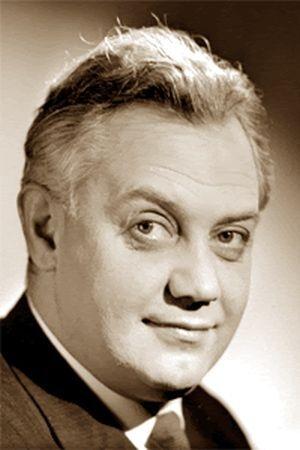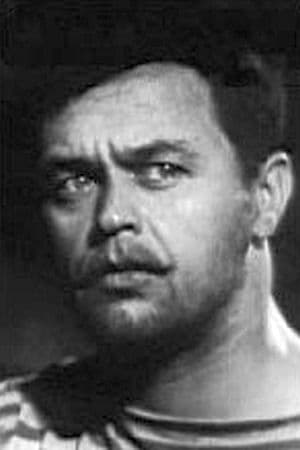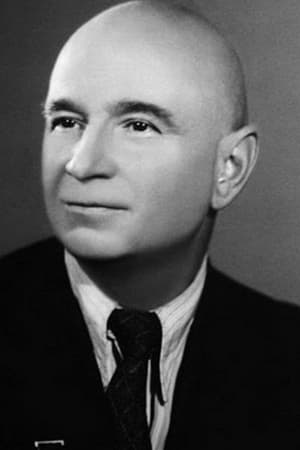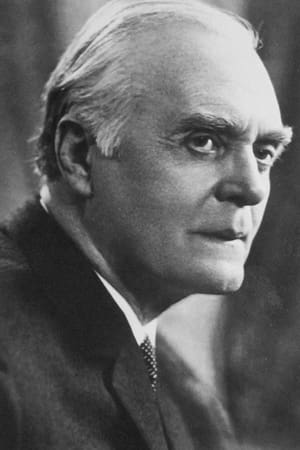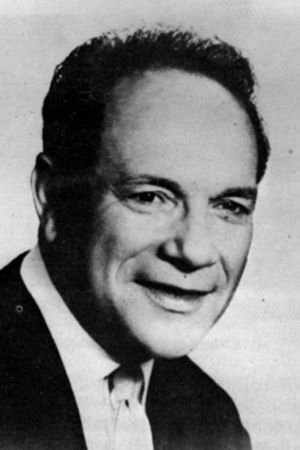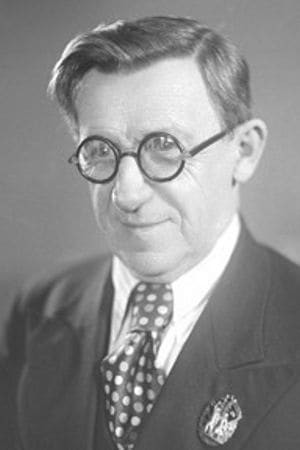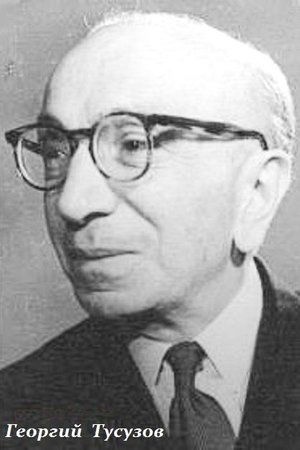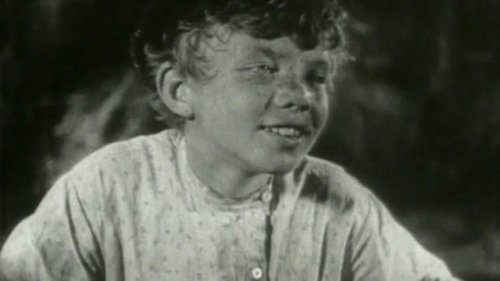
Aqueronte72
7
|
oct. 17, 2024
It was surely one of the first feature films with sound and it is notable both for the parsimonious but sometimes also choppy rhythmic syntax, as well as for the highlighted expressive accent of the actors similar to silent cinema, and for the delicious ability to absorb details in the aspects of The plot is reminiscent of the cinema of Joris Ivens (for example the slide in the square during the massive demonstration against the factories) which is ideal for onlookers of the past like this critic; since the story begins when the Turgenev steamship sets sail and due to certain editing gaps - such as bad timing - in which the characters' lips betray the track of the dialogues; The fugitive Rodion Zhukov has hidden from the White Guard in the cabin of the high school teacher Petka's father and his brother Pavlik. The incident causes a stir and commotion on the Turgenev and meanwhile, when Rodion is discovered, he jumps out to sea and arrives at the coast where he is hidden by little Gavrik and his old grandfather; Gavrik is the ragged but smiling boy who will be the accomplice of Petenka, the professor's son and from a high social class. Later the anarchist Tenrenteyev arrives at the scene and voila we have the complete picture of the Russian civil war. By chance of fate, Gavrik has to take the message regarding the ammunition to the contact Josep Karlovich to the other end of the city and having to cross barricades of White Guards and guards (including Bigotes, who follows them from the Turgenev).
When the situation worsens, only both children Petka and Gravrik will be the ones who cross the security barriers carrying and bringing bullets and explosives, including "tonomite" as the illiterate Gavrik says and is humbly corrected by Petak "DInamita". The insurrection of criminals led by Zhukov and Tereneyev is repressed on the rooftops and they are arrested or killed but the children escape, especially Pentak returns to his bourgeois and high-born home because he does not understand revolutions or freedoms and he did everything for a reason. most gigantic, the friendship for Gravik and his dog Muchka. On the day of the escape of both anarchists, Zhukov and Tereneyev, they were almost arrested again or even killed by Whiskers' firearm on the rocks of the coast, but he did not count on Gvrik to push him into the sea. And so, when they both escape on a small sailboat, the three children feel proud of having participated in favor of those who have less. And Petka even recited to them a verse from Lermontov that his father asked him to review in the Turgenev: "And they set sail alone in the fog of the sea of destiny."

